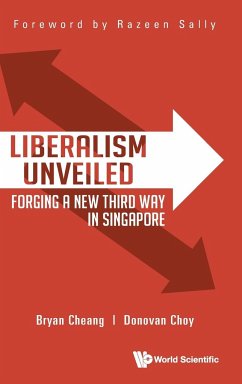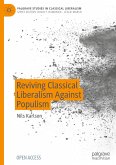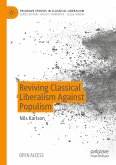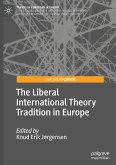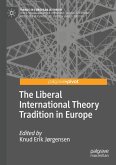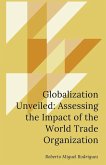Since 1965, Singapore has been propelled to the dizzying heights of first-world prosperity. Yet, the People's Action Party's signature style of technocratic elitism has come under increasing criticism by a new generation of left-leaning progressive scholars and activists condemning the excesses of neoliberalism. The PAP's mode of governance that prioritizes economic growth is criticised in favour of a vaguely European-style welfare state and greater state intervention. Bryan Cheang and Donovan Choy break this traditional pro-PAP versus anti-PAP dichotomy by providing a fresh classical liberal perspective. The authors contend that both sides discern only parts of the political puzzle correctly. This book envisions a new path forward for Singapore's policy-making, one characterised by greater competition & freedom. It critiques the conservative-right through a fresh take on the philosophical underpinnings of the "Singapore Consensus": communitarianism, meritocracy and technocracy. The authors also engage with the new social democratic orthodoxy, demonstrating the dangers of egalitarian interventions & state-based environmentalism. Applying the interdisciplinary insights of political philosophy and political economy, this novel account recommends epistemic liberalism, a system of governance based on intellectual humility, limited government, and decentralisation.

